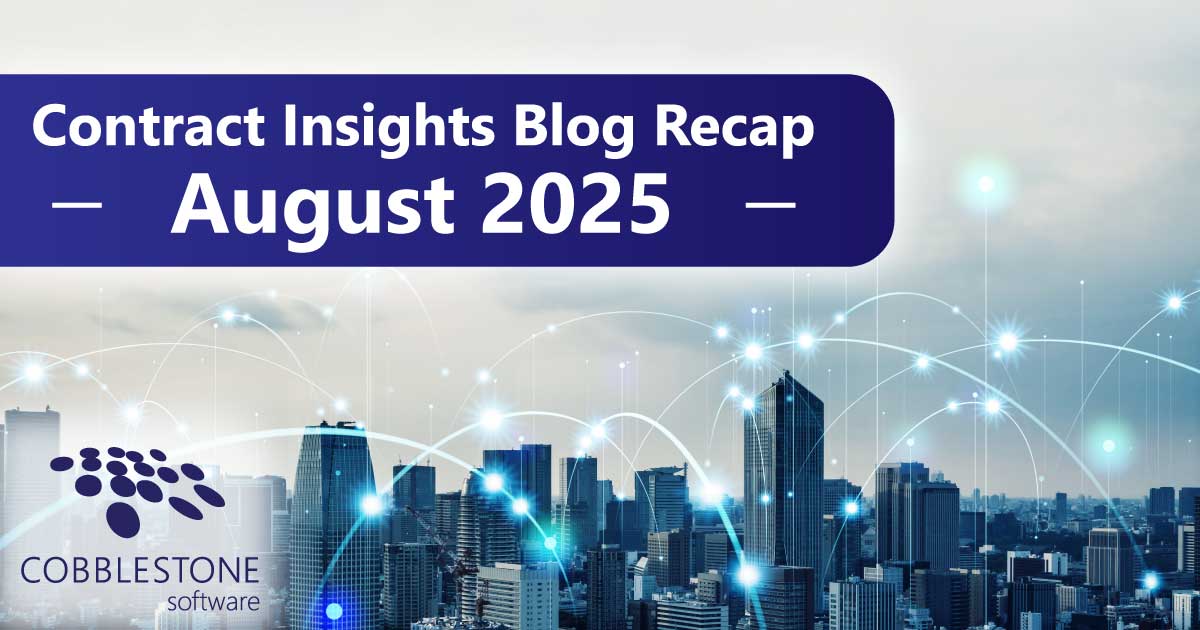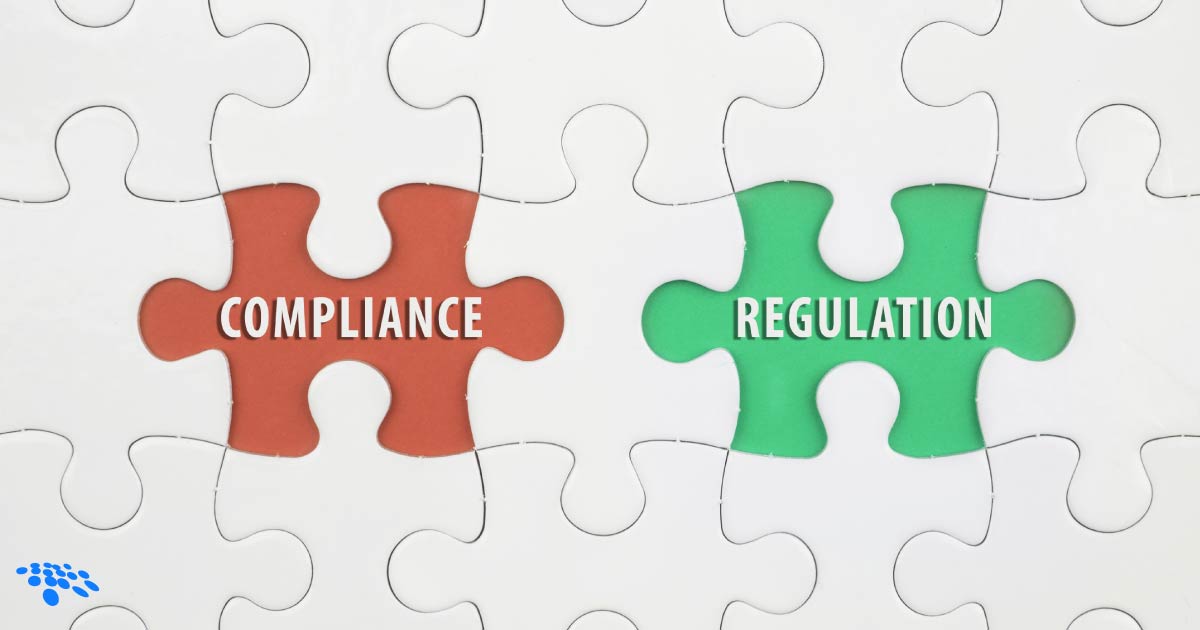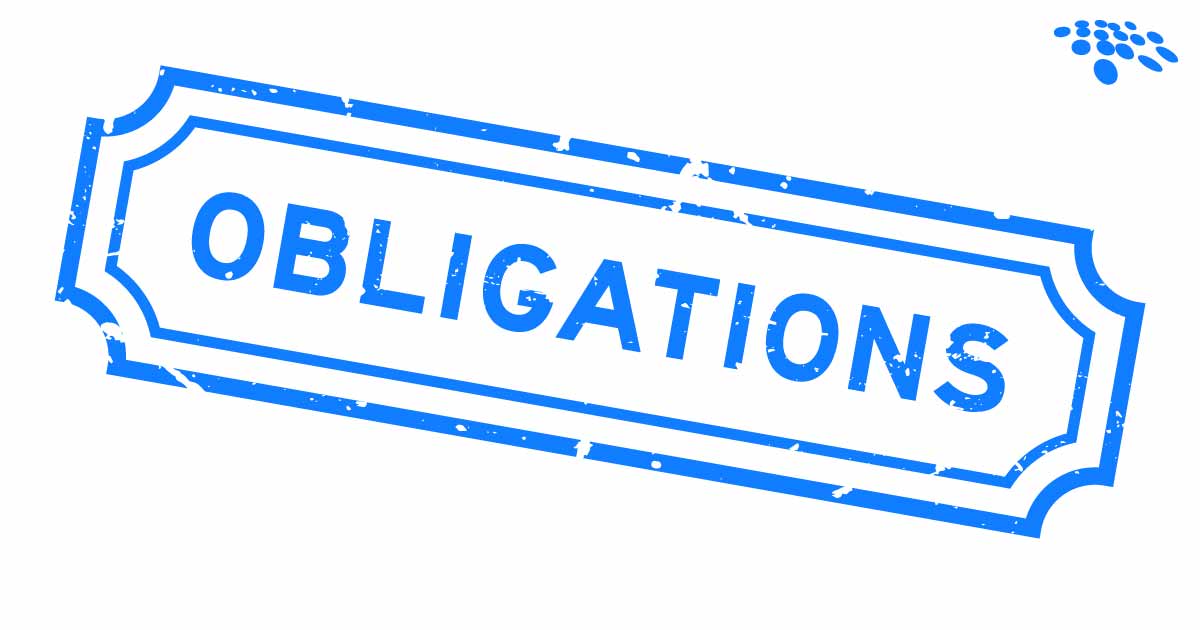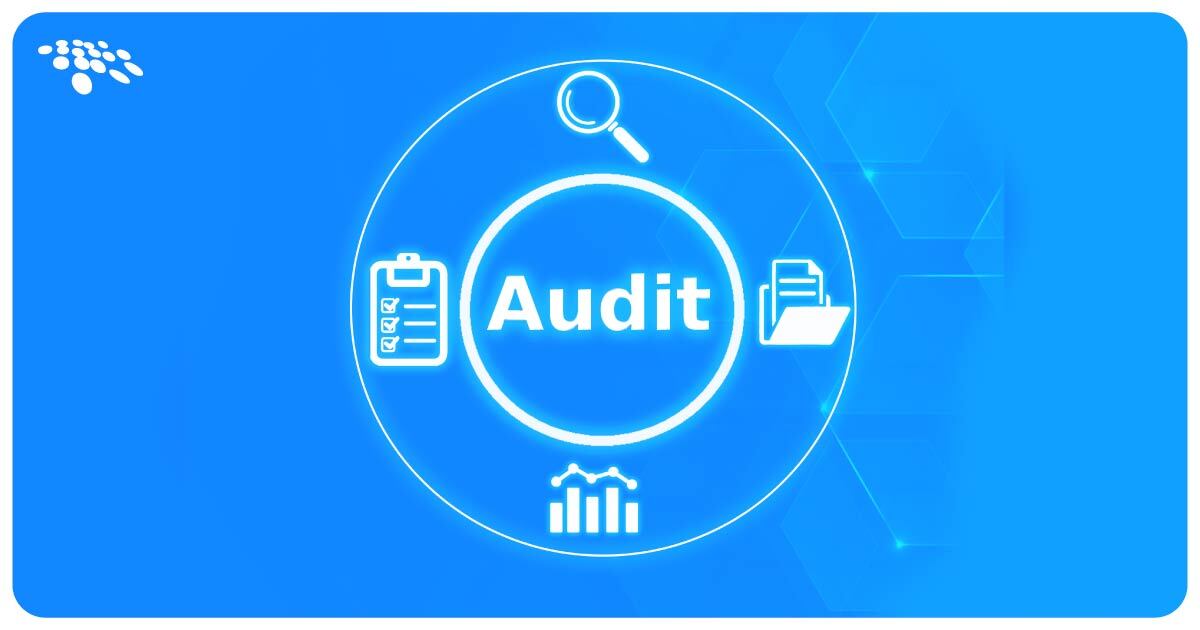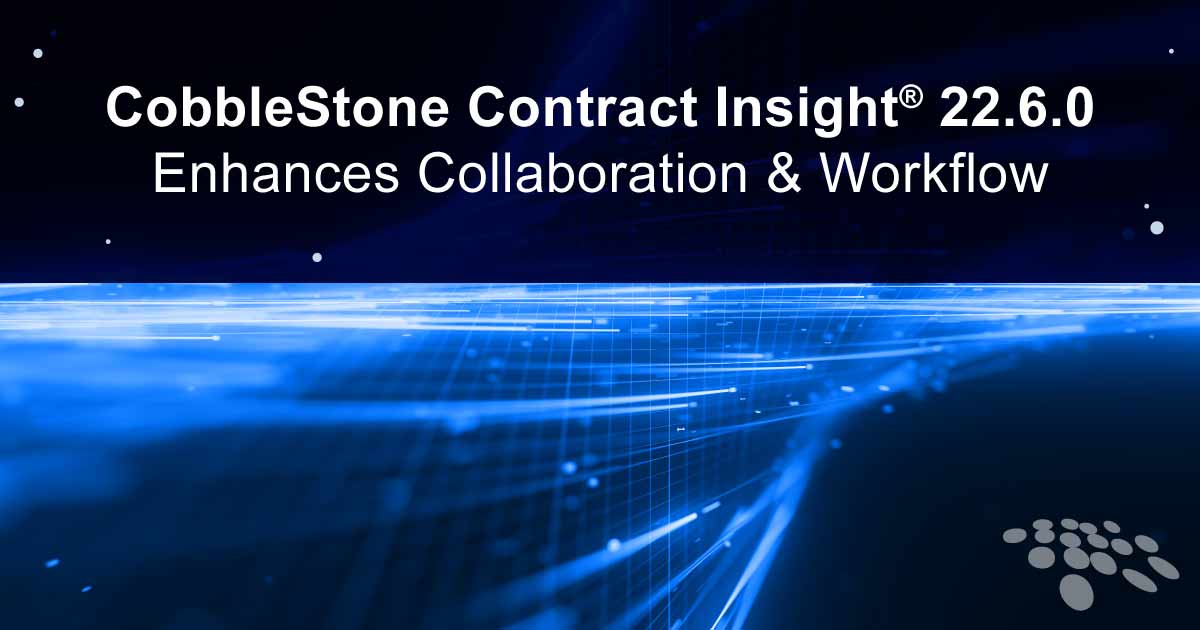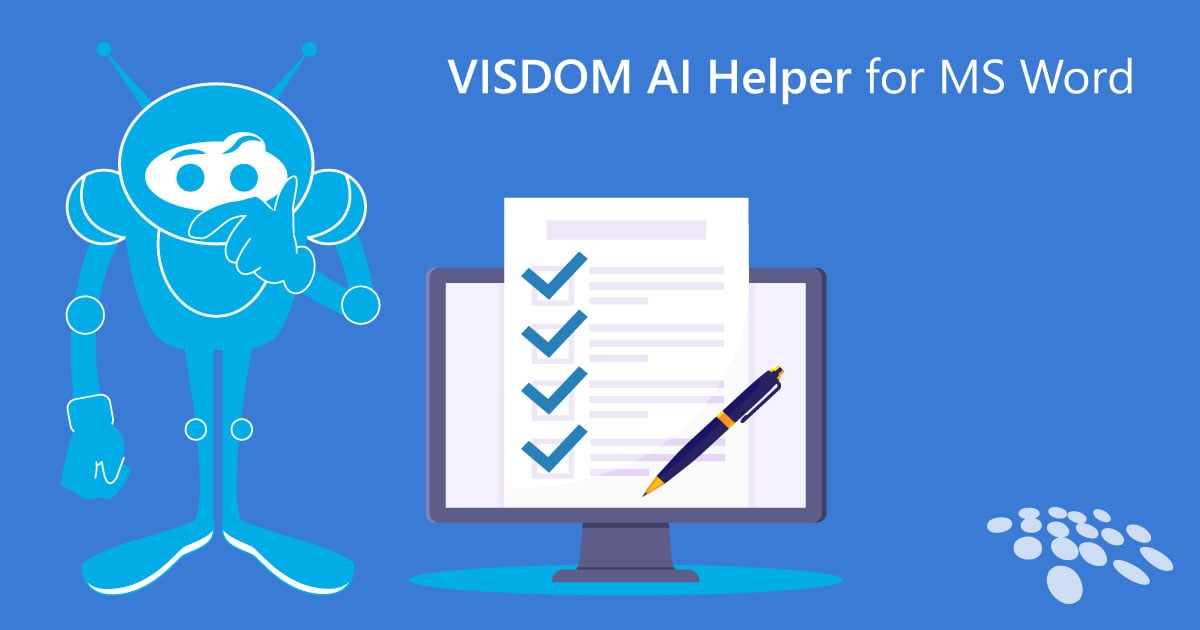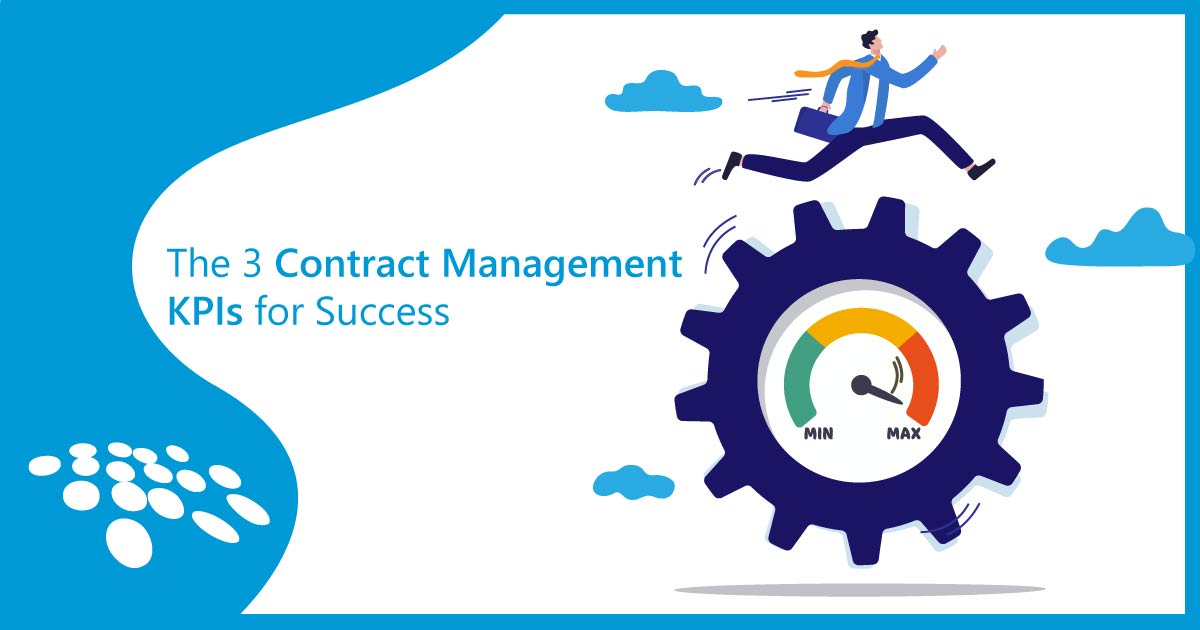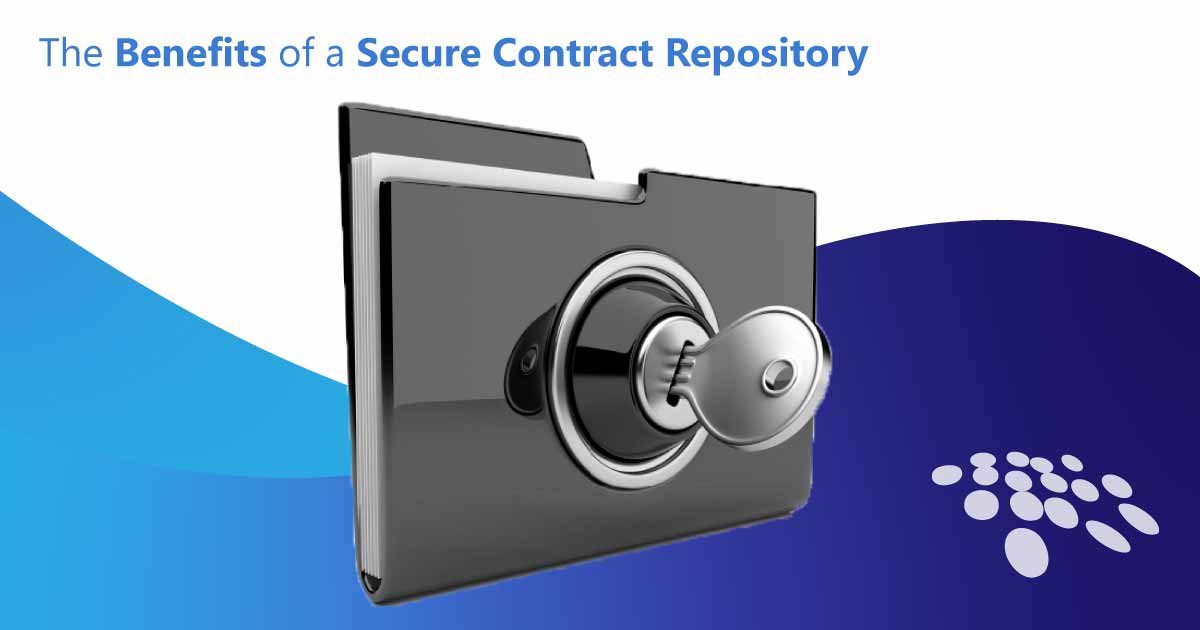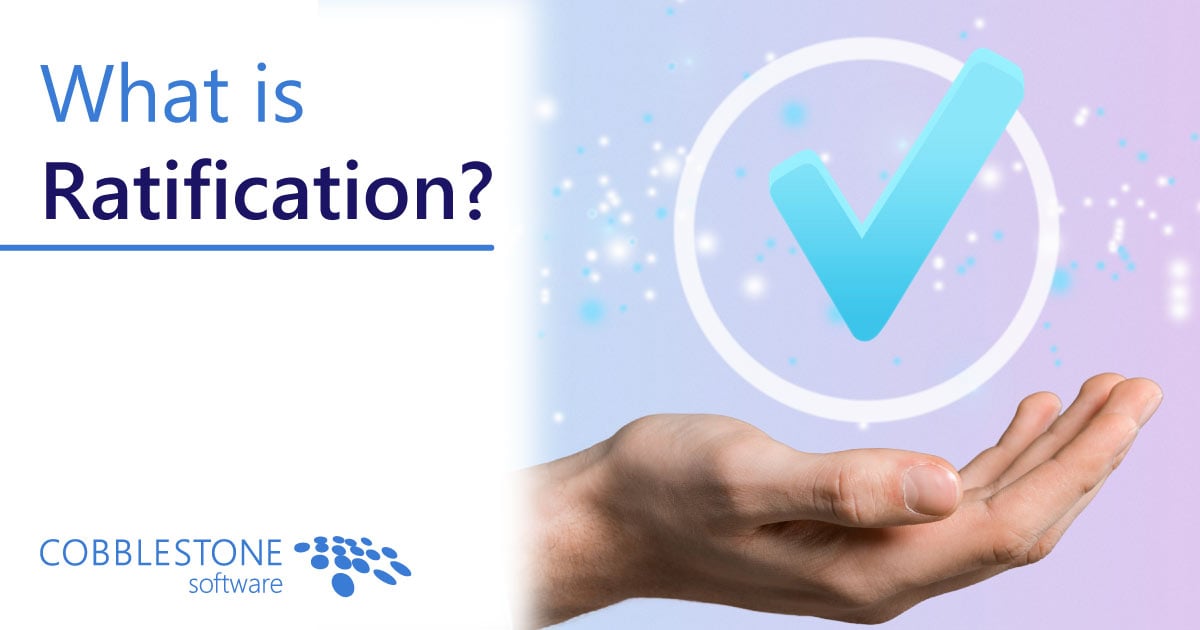
Key Takeaways
- Automated contract renewal alerts help enterprises avoid missed deadlines, unwanted auto-renewals, and compliance risks.
- They’re built into modern CLM platforms and can be configured to fit your workflows.
- This post explains what they are, how they work, and how to implement them effectively.
What are automated contract renewal alerts for enterprise teams?
Automated contract renewal alerts are system-generated and emailed notifications that remind stakeholders when a contract is approaching its renewal or expiration date. These alerts are typically part of a contract lifecycle management (CLM) platform and help teams stay proactive instead of reactive concerning:
- Contracts with auto-renewal clauses.
- High-value vendor agreements.
- Regulatory or compliance-sensitive deals.
How do automated renewal alerts work in CLM platforms?
They track contract metadata—like start dates, end dates, and renewal terms—and trigger alerts based on rules you set. For example, you might get a reminder 90 days before a contract expires, giving your team time to renegotiate or terminate.
| Feature | What It Does |
|---|---|
| Date Tracking | Flags expiration, renewal, and notice periods |
| Multi-Channel Alerts | Sends reminders via email, chat, reports, or dashboards |
| Escalation Logic | Notifies managers if no action is taken, per a rules-based workflow |
| Audit Trails | Logs alert history for compliance and accountability |
Why are renewal alerts critical for enterprise operations?
Because missed renewals can be expensive by way of:
- Getting locked into unfavorable terms
- Losing leverage in renegotiations
- Violating compliance requirements
With alerts, you gain:
- Proactive risk management
- Better vendor relationships
- Improved contract governance
Manual tracking vs. automated alerts: Which is better?
| Method | Pro | Con |
|---|---|---|
| Manual Tracking | Low cost, familiar tools | Prone to human error, not scalable |
| Automated Alerts | Scalable, reliable, integrated | Requires setup and adoption |
Example time: One enterprise client avoids a $250K auto-renewal penalty thanks to a 60-day alert. That heads-up gives them time to renegotiate—and they end up with better terms.
How can enterprises implement automated renewal alerts effectively?
- Choose a CLM platform with strong alerting features (CobbleStone Contract Insight is a great option).
- Set renewal thresholds based on contract type and risk level.
- Make alerts actionable—include links to the contract and renewal options.
- Train teams to respond promptly and document decisions.
What are the risks of not using automated alerts?
Without automation, you’re exposed to:
- Unwanted auto-renewals
- Missed renegotiation windows
- Compliance violations
- Operational disruptions
Bottom line: Manual tracking doesn’t scale. Automation is essential if you manage hundreds of contracts or plan on scaling.
Final Thoughts
Automated contract renewal alerts aren’t just a convenience—they’re a strategic advantage. They help enterprise teams stay ahead of deadlines, reduce risk, and focus on what matters most: building strong vendor relationships and protecting the business. To see how you can more easily succeed in these goals, book a free demo today!
*Legal Disclaimer: This article is not legal advice. The content of this article is for general informational and educational purposes only. The information on this website may not present the most up-to-date legal information. Specific guidelines on unilateral contracts are governed by state law. Readers should contact their attorneys for legal advice regarding any particular legal matter.







